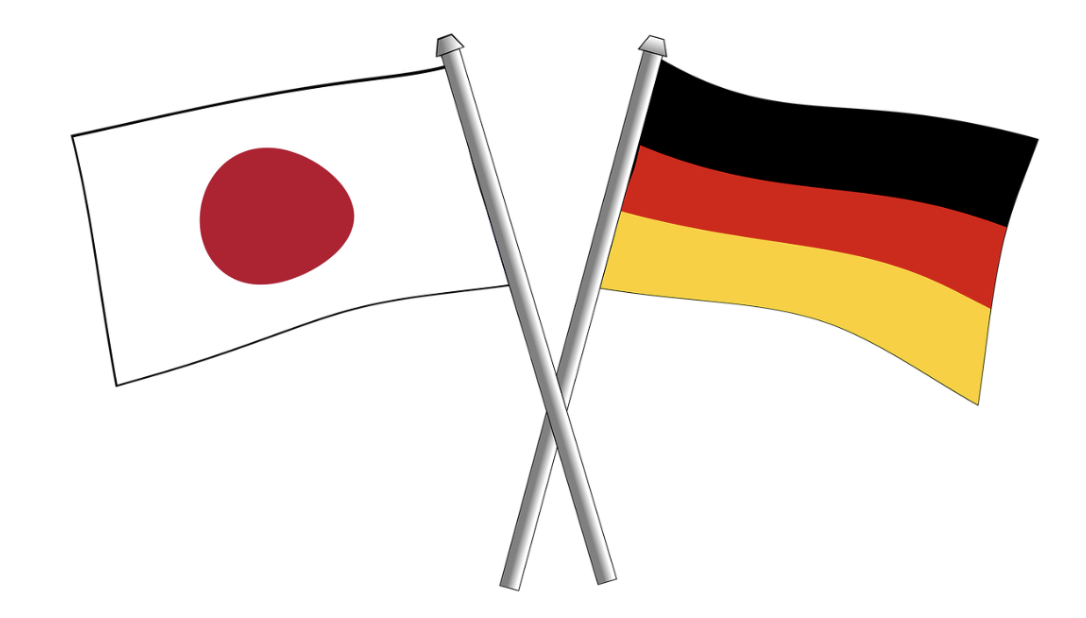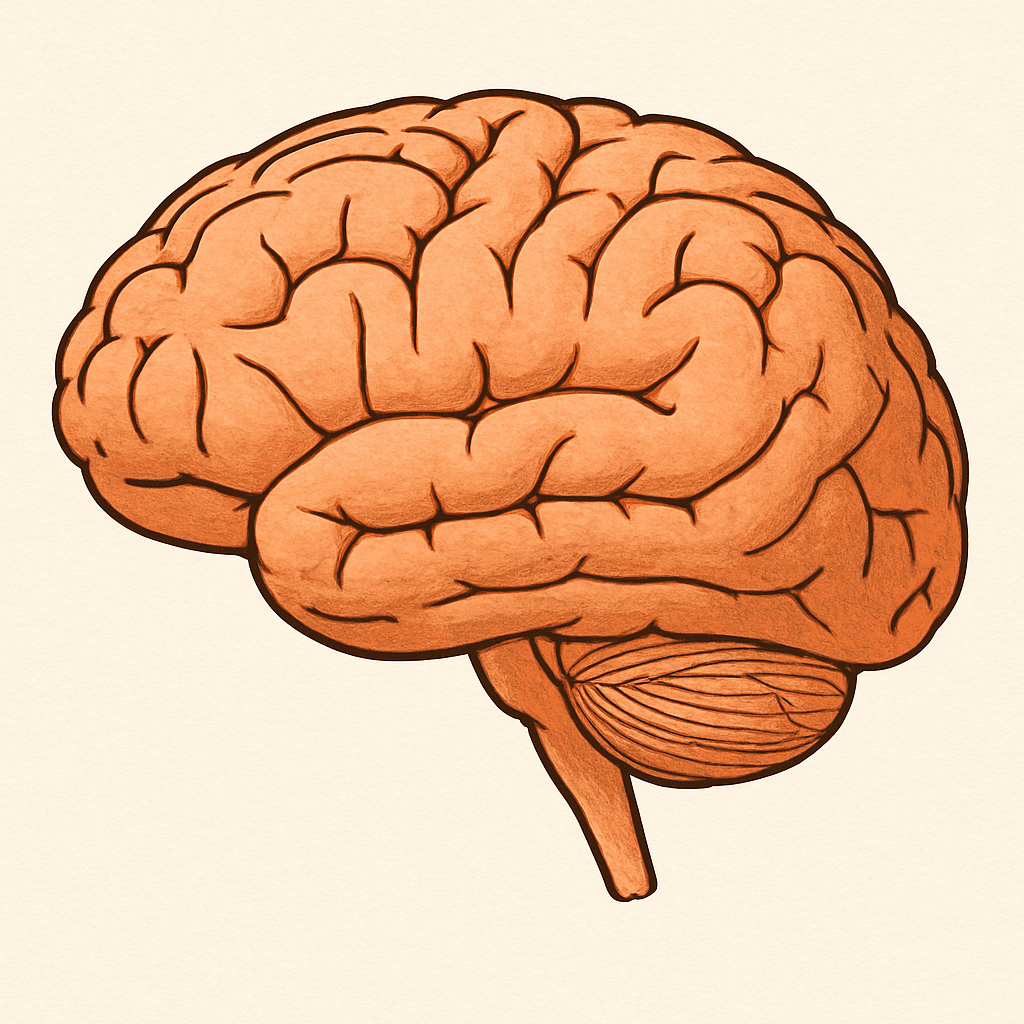
[객원 에디터 7기 / 이석현 기자] Japan is seeing its position in the world economy shift. Recent data showed that its economy contracted in the last quarter of 2023, making it fall behind Germany to become the world’s fourth-largest economy. The government reported a 0.4% shrinkage in Japan’s real GDP from October to December, marking the second consecutive quarter of contraction and signaling a technical recession.
Japan has held the position of the world’s second-largest economy from 1990 until it was overtaken by China in 2010. Despite recording a nominal GDP of $4.2 trillion last year, Japan’s problems stem from a weakening yen, a declining population, and lagging productivity and competitiveness. The country’s economy, which was once hailed as an economic miracle after World War II, has struggled to maintain momentum, particularly since the burst of its financial bubble in 1990.
Japan is not the only country affected by global economic turbulence. Germany, comparable to Japan for its economic prowess, also faced a contraction in the last quarter, while the British economy entered a technical recession in late 2023.
Japan’s shrinking and aging population play a crucial role in its economic challenges, while Germany’s population has grown to nearly 85 million, partly due to immigration. Although immigration and robotics deployment are potential solutions to address labor shortages, Japan has been hesitant to adopt these strategies, prompting criticism and concerns about discrimination and a lack of diversity. In fact, Tetsuji Okazaki, a professor of economics at the University of Tokyo, admitted that several years ago, Japan boasted a powerful auto sector. However, the advent of electric vehicles dulled that advantage.
Stagnant wages have contributed to sluggish growth, with private consumption falling for three consecutive quarters. Forecasts expect a further slowdown in GDP growth from 1.9% in 2023 to around 0.5% this year.
With the United States maintaining its position as the world’s largest economy and China’s economy expanding rapidly with growth rates averaging 10% over the last 10 years, Japan’s outlook remains uncertain. In particular, emerging nations like India are poised to overtake traditional economic giants like Japan in nominal GDP in the coming years.
Japan’s economic downturn highlights broader shifts in global competitiveness and underscores the need for adaptive strategies to navigate a changing world economy. According to AP News, addressing demographic challenges, fostering innovation, and embracing global labor markets are essential for Japan to revitalize its economic strength and maintain its relevance in the global arena.
Sources: Euro News, AP News, Bloomberg





